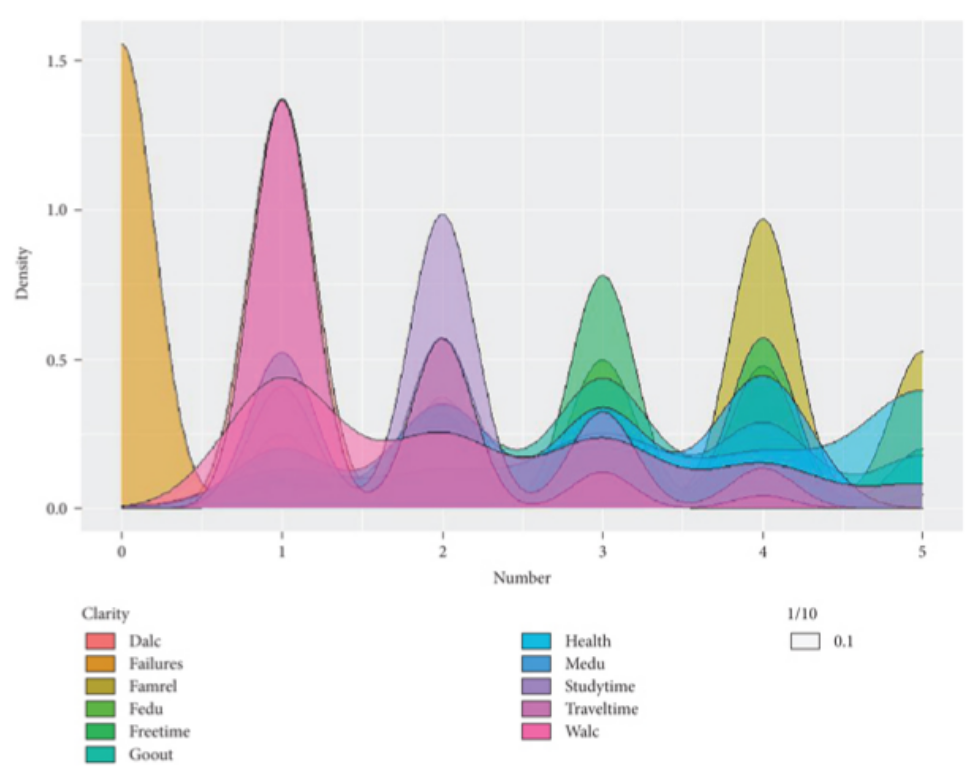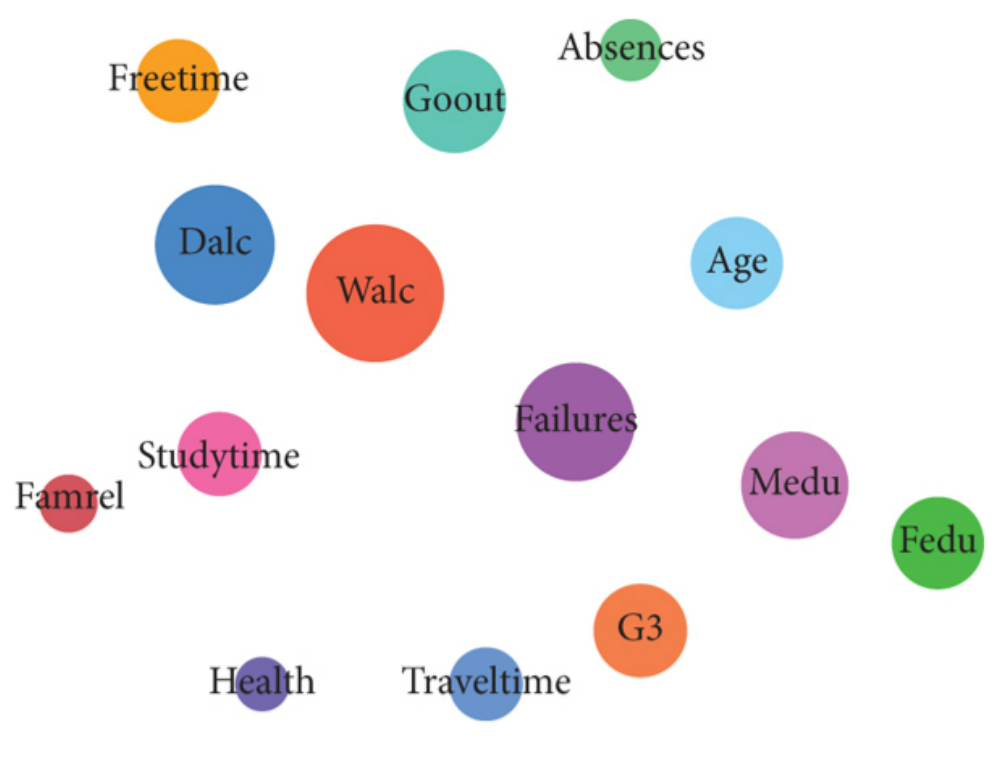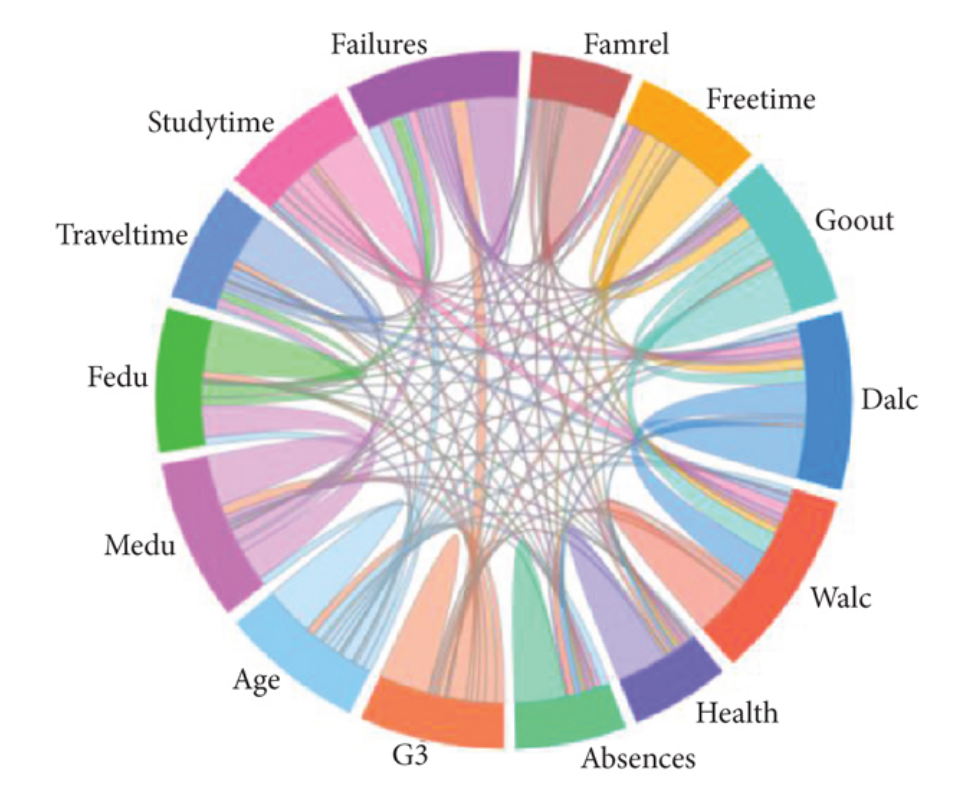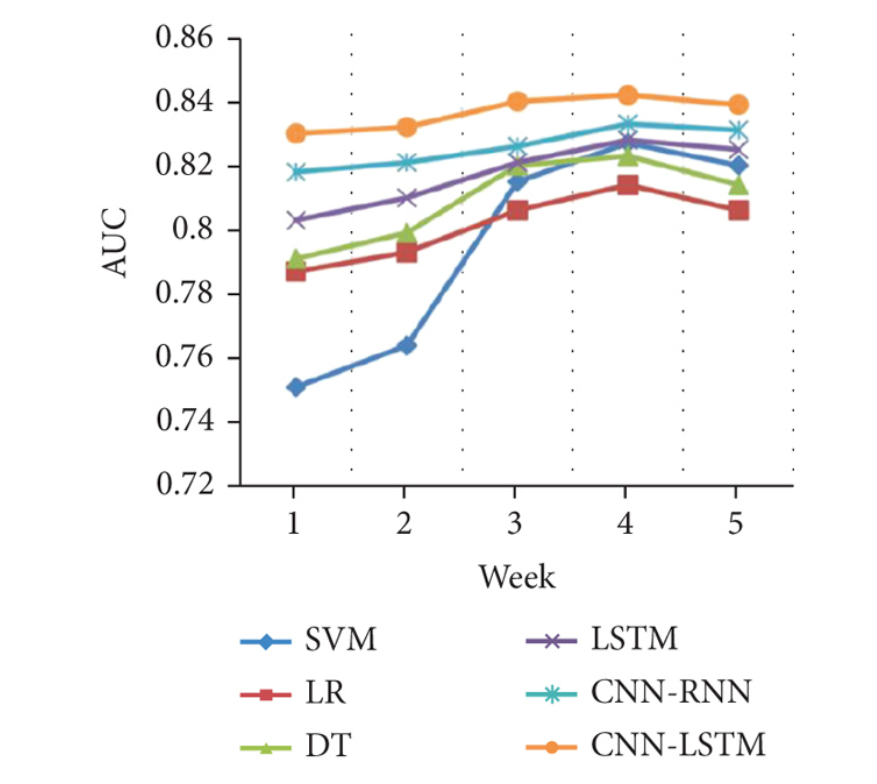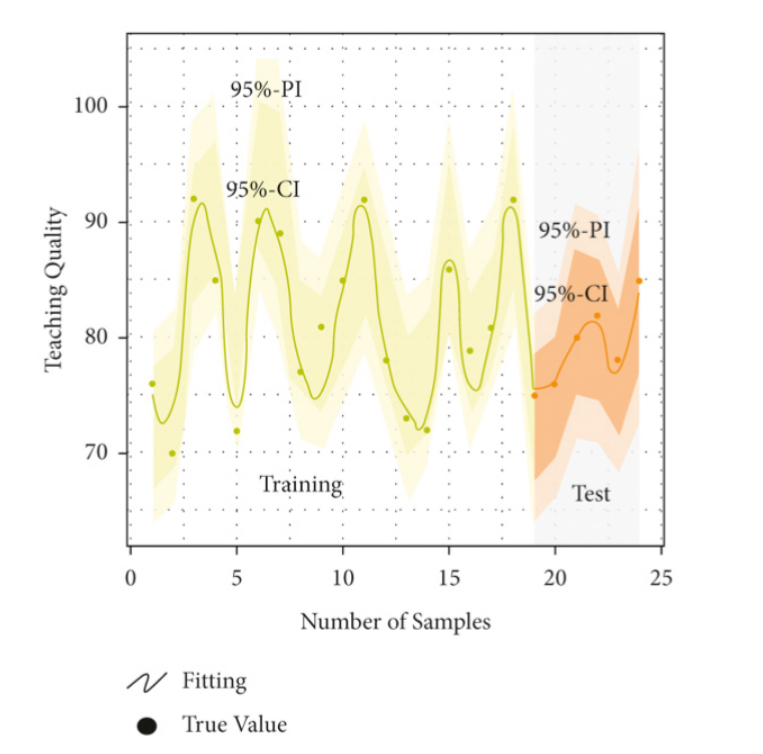 An open access journal
An open access journal
AI-driven Tutoring Systems: Personalized Support for Student Success
Abstract
AI-driven tutoring systems have revolutionized education by providing personalized support to students, enhancing their learning experiences, and improving academic outcomes. This paper explores the significance of AI-driven tutoring systems in education, emphasizing their role in offering individualized instruction, adaptive feedback, and data-driven insights into student performance. It delves into the key components and functionalities of these systems, including machine learning algorithms, natural language processing, and intelligent assessment tools. The discussion includes the benefits of AI-driven tutoring systems, such as improved learning efficiency, increased student motivation, and enhanced problem-solving skills. Moreover, the paper addresses the challenges and considerations in implementing AI-driven tutoring systems, including ethical concerns, data privacy, and the need for teacher collaboration. Through a review of empirical studies and case examples, the study highlights the positive outcomes associated with AI-driven tutoring, including higher student achievement, reduced dropout rates, and greater accessibility to quality education. The conclusion offers recommendations for educators and institutions interested in leveraging AI-driven tutoring systems, emphasizing the importance of a learner-centered approach and continuous improvement to maximize student success.
Share and Cite
Article Metrics
References
- Anderson, J. R., Corbett, A. T., Koedinger, K. R., & Pelletier, R. (1995). Cognitive tutors: Lessons learned. The Journal of the Learning Sciences, 4(2), 167-207.
- Baker, R. S., D'Mello, S. K., Rodrigo, M. M., & Graesser, A. C. (2010). Better to be frustrated than bored: The incidence, persistence, and impact of learners' cognitive–affective states during interactions with three different computer-based learning environments. International Journal of Human-Computer Studies, 68(4), 223-241.
- Beck, J. E., & Woolf, B. P. (2013). Using Bayesian networks to manage uncertainty in student modeling. Springer Science & Business Media.
- Corbett, A. T., & Anderson, J. R. (1994). Knowledge tracing: Modeling the acquisition of procedural knowledge. User modeling and user-adapted interaction, 4(4), 253-278.
- Koedinger, K. R., & Corbett, A. T. (2006). Cognitive tutors: Technology bringing learning sciences to the classroom. In Handbook of educational psychology (pp. 653-690). Routledge.

